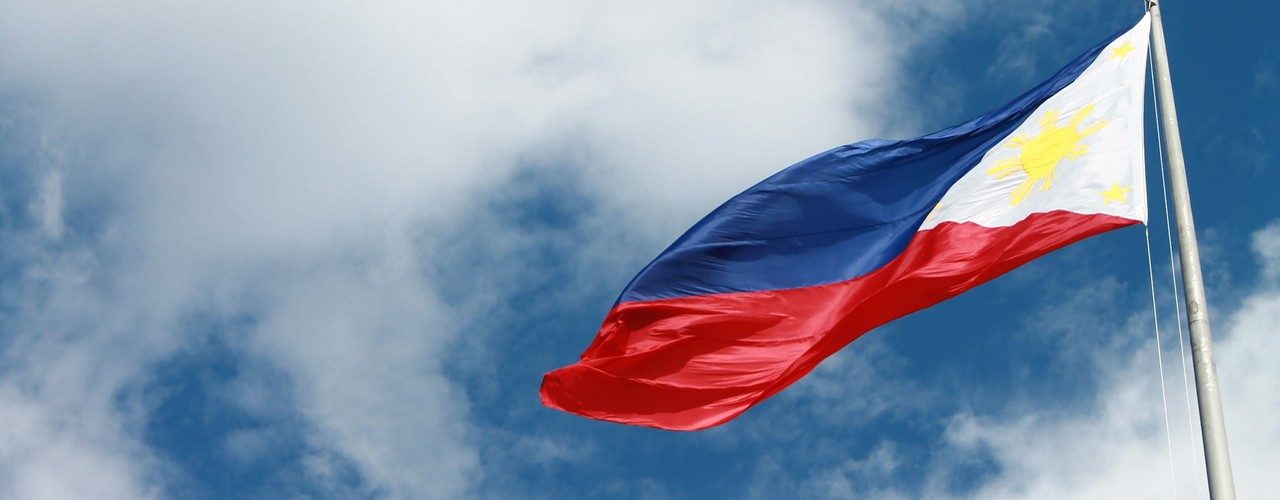- Digital innovation has transformed communication, entertainment, music, app access, cloud storage, e-commerce, advertising, gaming, and online learning.
- This transformation is a strategic force enhancing industries, productivity, and economic value.
- Governments need to adapt fiscal policies to ensure fairness and sustainability in the digital economy.
- Republic Act No. 12023, VAT on Digital Services, was passed to tax digital services consumed in the Philippines fairly.
- The Act defines digital services and establishes a framework for monitoring and taxing digital transactions.
- A 12 percent VAT is imposed on digital services consumed in the Philippines, regardless of the provider’s location.
- Nonresident digital service providers must register with the Bureau of Internal Revenue, issue VAT-compliant invoices, and remit taxes.
- Some digital services, especially those related to education, government, or public interest, are exempt from VAT to support social equity.
Source: bworldonline.com
Note that this post was (partially) written with the help of AI. It is always useful to review the original source material, and where needed to obtain (local) advice from a specialist.
Latest Posts in "Philippines"
- Philippine Court Voids VAT Assessment for Lack of Annexes, Upholds Zero-Rating for Freeport Sales
- BOC Assigns Procedural Code 062 for VAT on Local Sales to Domestic Market Enterprises
- BIR Takes Over VAT Oversight on Local Sales from Bureau of Customs
- Supreme Court Ruling Clarifies VAT Zero-Rating for Freeport and Ecozone Enterprises in the Philippines
- Philippines Considers VAT Cut, Fiscal Incentives to Boost Garment Industry Competitiveness















